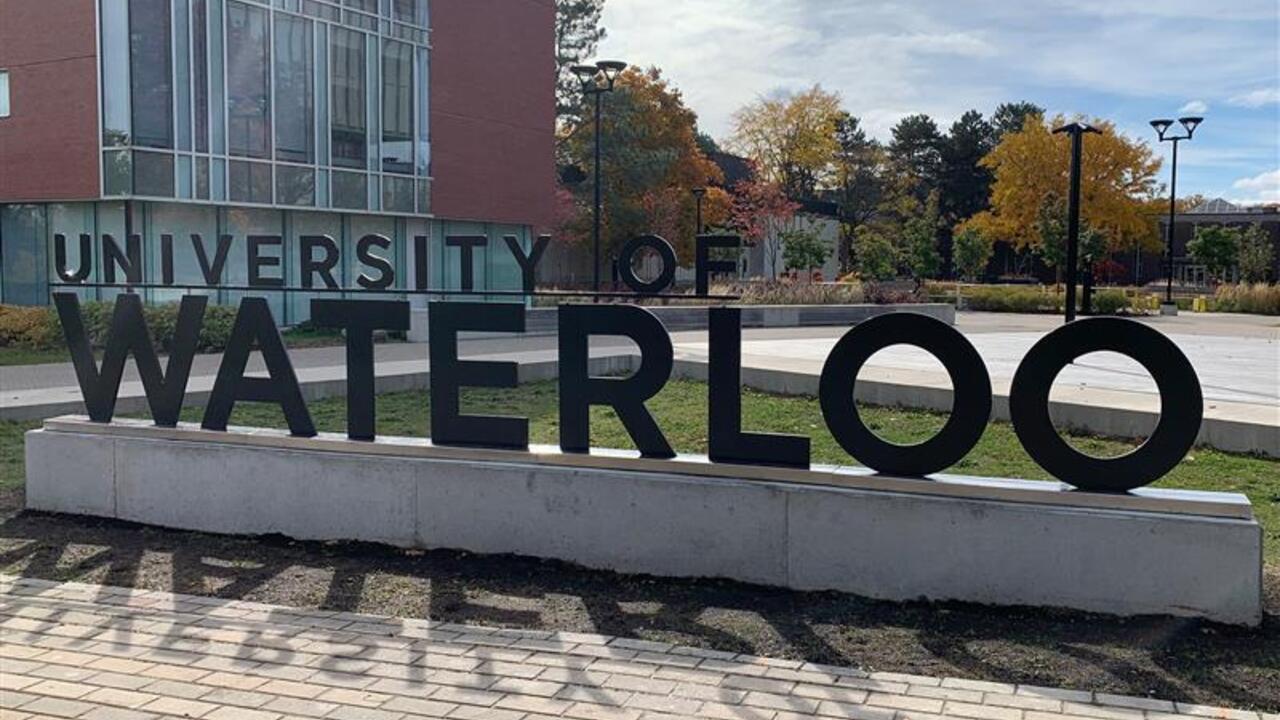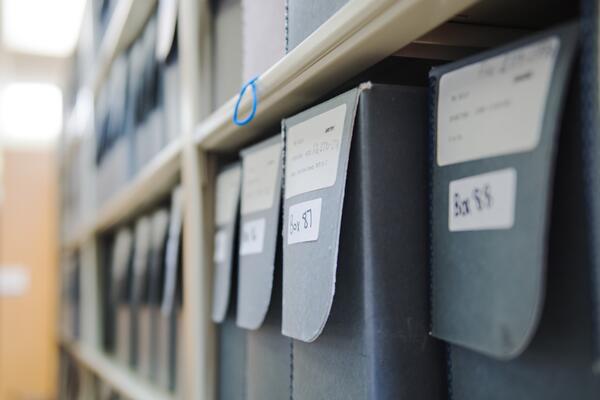
Expert: Heart Health Experiments in Space
University of Waterloo’s Professor Richard Hughson is available to talk to media.

University of Waterloo’s Professor Richard Hughson is available to talk to media.
By Media RelationsMEDIA ADVISORY: UNIVERSITY OF WATERLOO EXPERT
University of Waterloo’s Professor Richard Hughson is available to talk to media following the first on-orbit experiments with International Space Station Astronaut Commander Chris Hadfield looking at heart health in space.
“Today was our very first on-orbit session of BP Reg. Chris did a great job and the results will really help us to understand how blood pressure regulation changes in space,” said Professor Hughson. “After the experiment, Chris called my BlackBerry to ask how the experiment went. I told him it was great, and thanks for all of his efforts.”
The experiments are looking into why some astronauts are prone to fainting spells when they return to earth by predicting how they recover from rapid changes in blood pressure. The research, known as BP Reg, will not only help understand dizziness in astronauts, but also have direct benefits everyday on Earth – particularly for elderly people predisposed to falls and resulting injuries.
After the experiments, Cdr Hadfield tweeted: @Cmdr_Hadfield Just completed first-ever BP-Reg experiments on how the body controls blood pressure, specifically w/ no gravity, http://www.asc-csa.gc.ca/eng/iss/bpreg.asp …
https://twitter.com/Cmdr_Hadfield/status/324498203359715328
Professor Hughson is available for print, online or radio interviews.
To arrange an interview please contact Nick Manning (cell: 226-929-7627, nmanning@uwaterloo.ca) or Pamela Smyth (office: 519-888-4777, psmyth@uwaterloo.ca).

Read more
Upside Robotics secures new funding to accelerate the future of sustainable farming

Read more
Discover the meticulous work that uncovered Black stories on campus and preserved them for the future

Read more
A Waterloo couple reflects on the campus that shaped their careers, their values, and their love story
The University of Waterloo acknowledges that much of our work takes place on the traditional territory of the Neutral, Anishinaabeg, and Haudenosaunee peoples. Our main campus is situated on the Haldimand Tract, the land granted to the Six Nations that includes six miles on each side of the Grand River. Our active work toward reconciliation takes place across our campuses through research, learning, teaching, and community building, and is co-ordinated within the Office of Indigenous Relations.